Well, hello. This is going to be another one of those posts. You know the ones – where I talk about movies and then I talk a little about penises. And today, I’ll be talking about Disney movies. And if you’re like me and you take Dan Brown’s literature as gospel, the two subjects go exceedingly well together. Kind of like Hot Dog and mayonnaise.
Anyway, getting to the point, I finished reading The Beautiful and Damned recently. For those of you who are uncouth, uneducated, unworthy plebeians, that’s a book written by Scott F. Fitzgerald, who also wrote The Great Gatsby and The Curious Case of Benjamin Button. Although surely, none of you uneducated and so on people would deign to read my illustrious, erudite, culturally high-minded blog where I talk about penises, right? Go away now. Shoo. Chop Chop.
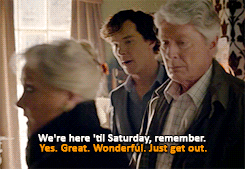
Anyway, it got me thinking about Disney. Mostly because I recently watched Tangled for the nth time and then watched Frozen. Which got me thinking about Brave. We all know where this is going now, don’t we? Hairstyles. Nope.
Anyway, The Beautiful and Damned is a story about two young people who fall in love and get married, and how their privilege damns them to a life of knowing their lack and their unhappiness. Because if they weren’t privileged, spoilt, without any responsibilities or vocation and so full of expectations about what life would be for them, they may not perhaps have been subject to the peculiar kind of unhappiness they got – the kind where the seemingly reasonable expectations of young people remain unsatisfied, and because those expectations meant so much, their hearts were made irreparably broken – by each other and by themselves.
One of the early reviews of the book I read talked about how the character of Gloria Gilbert is an “original”. The beautiful and callous Gloria is driven only by one thing – to enjoy herself. And she is the kind of character that knows that her life will be presented to her on a platter as long as she is beautiful. Her moments of solitude, her likes and dislikes, her ability to enchant with the most inane of subjects simply because of her manner, her open disdain for the people she wishes to despise, is all made hers because of the charm her beauty provides. As you may imagine, she is not a particularly likeable character, but not more so than Anthony Patch, her husband. He is a whole other collection of insecurities and neuroses that try to constantly hide behind the skirts of Gloria’s beauty and popularity.
About five years ago, I would have hated reading this book. Not only are the characters so useless, they have very few redeeming qualities and Fitzgerald doesn’t really try to be particularly kind to them (probably because he was quite sure everything would end badly – quite like it did for him and his Gloria-esque wife Zelda). Who ever thought jobless, self aware socialites during prohibition married to supposedly egoistic writers would end up in a mental institution. Such is life.
Now, as much as its difficult to read at times, its worth knowing all the pitfalls your previously magical marriage will succumb to if you don’t have some temerity, some *incomprehensible French phrase meaning confidence*, some Courage of your convictions. And some general lack of selfishness. Another reason to read/ enjoy – well, it’s Fitzgerald. I have a snoot not very well hidden in my not very deep depths.
ME: Sex joke.
me:

Though I admit there is a certain awfulness about characters like Gloria. Or for that matter (to bring this closer home for those who don’t give two micropenises about some obscure character from some book) characters like Betty Draper from Mad Men. They seem colorless and one dimensional and utterly childish when we see them. They seem to have finished with the business of life and striving once they get married. And seeing that image is not something a normal woman enjoys – because for most of us, it is our worst nightmare to become relegated to a corner of life after we find people we want to spend all of it with.
But at the same time, I hate it when en masse people hate on poor Betty Draper. Because she, like Gloria, is not simply a figment of someone’s imagination but a representation of what life meant to a lot of women at some point of time. And as much as we can find faults in them, it is equally important to remember how much they are a product of their times. Gender is a construct certainly, but so is every aspect of life inspired by and derived from gender. Betty Draper existed with her childishness and her marital woes, and she existed because someone taught her from a fairly early age about the way things are supposed to be. And then she learned from friends about the kind of husband one should have, and the kind of life that would be ideal, and the kind of children one should raise. And her friends probably knew because of her and their parents, and then, from Disney movies. Where the all suffering, cursed, single girl is taken away from her woeful life by the ever so democratic (democratic in that they’re poor, not in that they are less than the normal standard of beauty) love of their rich, princely, handsome future husbands.
I personally did not grow up on Disney movies. Not because my parents were incredibly aware feminists, but because we never had a lot of TV experience, but I had read all the original fairy tales as a child. My father was against Barbies though this had a lot more to do with his communist anti-American ideas rather than feminist ones. By the time my sister and I had demanded Barbies (like all our friends had) for long enough to actually get one each, we were a little below ten and eight I think. I spent a couple of solid childhood years making my Barbie (Barbies in the plural once my sister dropped hers) fall in love with and then become girlfriends with imaginary Ken. They would go to college or have jobs and houses (that were largely imagined), but the plot of their lives generally involved men (Ken). And that’s not all. Imaginary Ken was a dick (albeit without an actual dick) who practically harassed Barbie in the name of romance before she fell for his rakish charms. I’m not entirely sure where I picked up that rhetoric from except for subversively problematic and sexual Bollywood romances. For a long time, I like many pre-pubescent and pubescent girls assumed that guys being dicks was a manifestation of affection, attraction and unconditional respect for us as human beings. Now of course I know that most guys are dicks to some girls because they have small penises which they feel will be compensated if they are huge cocks to us. Tis a scientifically verifiable truth.
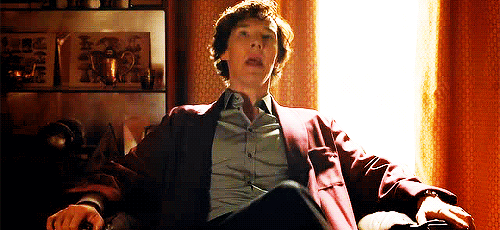

So if I hadn’t been taught from the very beginning that I should and could earn and live for myself, perhaps I would have been happy being blissfully ignorant as my handsome husband with the stolen identity cheated on me with an inordinate number of women. Or I may have spent my life being woefully sad as I waited for my husband to get his inheritance (Gloria).
When I went to law school/ college, I was introduced to some other Disney movies – Mulan and The Frog Princess. And I did not need the inspiration at the time but it was good to know Disney made movies where the girls had more to do than get cursed and passively wait around till some handsome chappie comes along and molests them as they sleep. This got even better when I saw Penelope which is a little known film with Cristina Ricci playing the titular character who is cursed by a witch to be born with a pig snout (and little piggy ears) till one of her own accepts her. So her parents keep her away from the rest of the world and try and make her the most “accomplished” young lady, so that eventually some blue blooded rich man would eventually agree to marry her for a phenomenal dowry. Towards the end of the movie, she is about to be married to said rich dude (who is disgusted by her but has to marry her because of some publicity reasons that are too complicated to explain here) when she runs away from the altar. Her mother follows her, begging her to go back so that she can become a “whole new you”. To which Penelope replies that she doesn’t want to be a whole new version and that likes herself the way she is, breaking the curse.
This was before Tangled or Frozen, and was such a beautiful surprise. And somewhere in the movie, Penelope runs away from home and spends a few weeks discovering herself and making friends on the sly. The first thing we see her do when she leaves her parents’ house after breaking the curse is get the job she wanted – as a school teacher teaching biology, largely horticulture and plant biology. Later she makes up with the guy she likes, but while that is certainly the most romantic bit of the movie, it is not the most important part, as elucidated by its conclusion. It’s about finding your strength and own way, overcoming insecurities and fears, finding ways to be happy in spite of or because of them.
Then there was Tangled where both Rapunzel and the hot-as-motherfucking-bananas Flynn Rider save each other time and time again. Not one of them is more responsible for the other. Pixar’s Brave is a story primarily about a mother and daughter who have different opinions of what life and duty should mean. Her mother tells her it is her duty to get married to one of the haggardly princes from neighboring clans, and Merida doesn’t want to get married. The story is about how she ends up getting her lesbian way without having all the super awesome men fight between themselves over her.
And recently I watched Frozen, admittedly because I initially thought that was the movie with the cute animated guy who looks like a white haired pixie (Jack Frost from Rise of the Guardians, which is what I’ll be watching next). But I was not disappointed despite the palpable lack of said cute animated boy. Frozen is about two sisters who have to deal with the fact that one of them, Elsa, is a raging Ice Queen who accidentally turns her kingdom (yes, they’re royalty) into an freezing hell-ice-scape. Her sister Anna, having missed her older sibling because of the latter’s isolation while trying to control this admittedly problematic power follows her to try and convince her to come back and make things hot again.
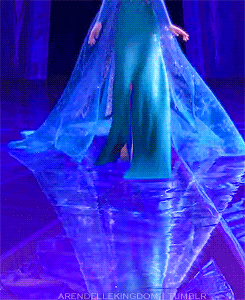

Anna was the one who made her sister lose control of her powers by arguing with her when Elsa refused to give Anna permission to marry a guy she knew for less than a day.
What is amazing about this movie is not just that it is primarily about the two sisters and how they end up helping each other, but the men in it. The man Anna wants to marry turns out, after spending more than half the movie seeming rather perfect, to be only marrying Anna to gain power of the throne. Anna stops him from murdering her sister towards the end. Another significant character is that of the Duke of Weselton who tries to use the unfortunate forever-damned-to-winter state of the kingdom to change trade agreements to his country’s benefits. Both of these men are stopped by the sisters working together. On the other hand, Kristoff and Olaf, both of whom help and support and fight alongside the women to get things done receive just rewards not just in terms of “getting the girl” but in having their own independent aspirations fulfilled.
As Colin Stokes points out in this awesome video, children’s movies need to address concerns and quests for both boys and girls, with proper, characteristic role models for both boys and girls. He speaks to the fact that movies with primary male characters tend to go about their quests by themselves, or in each other’s company, but with very little involvement with girls. And in the same way, very rarely do Disney movies provide respectful, supportive male characters who succeed because of their ability to work with each other and with strong, independent women characters. In Tangled, Penelope, Brave and Frozen, not only do the women work (often with each other) to make their own lives and/ or their kingdoms a better place, but the men who join their “team” as Stokes puts it, end up having a better deal as well.
I don’t really need inspiration from Disney movies anymore, but representation is incredibly important. And I’m glad that at least for a certain socio economic section of the population, not only are Disney movies more accessible, but that they are likely to inspire Barbie to take college seriously, get a Ph.D., have a boyfriend or a girlfriend, and then work to improve herself or the world and do any number of things to make herself and other people happy.
Barbie shouldn’t have to live a complacent, sedentary life. That seven foot tall, blonde, double-breasted Amazon she male deserves more in life than just dong-less Ken.
Regards,
– Billy
P.S. – On a side note I have avoided mentioning the show I have been obsessing over recently out of respect for the topic at hand. Can you guess what it is? Can you?
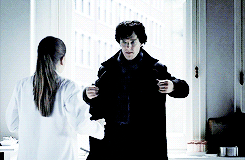
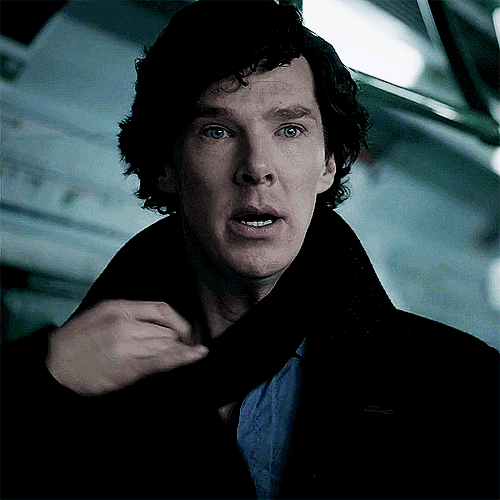
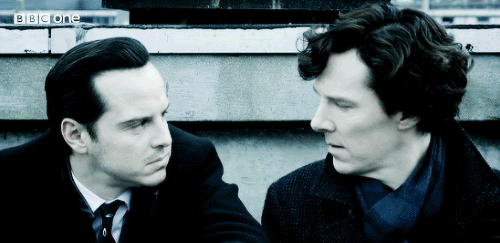
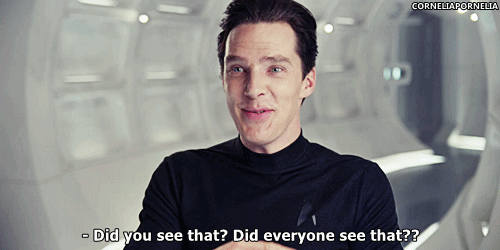
Ok. Yeah. Sherlock. Yup.
– Billy